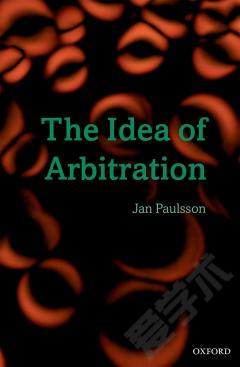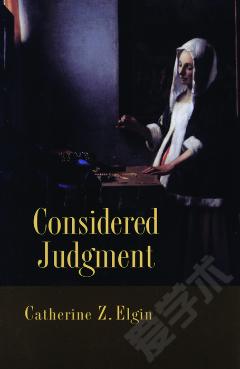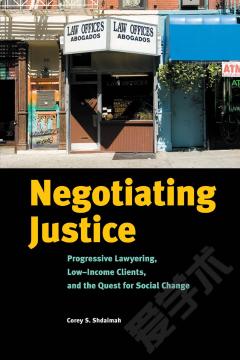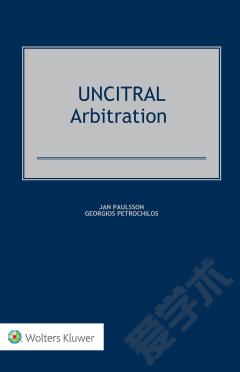The Idea of Arbitration
1. Arbitral Omnipotence? 1.1 The magic of arbitration 1.2 The generous impulse 1.3 What is a successful arbitration? 1.4 What law creates arbitration? 1.5 What law does arbitration create? 2. The public challenge 2.1 The old debate: contractual or judicial? 2.2 A better premise: sui generis 2.3 Protecting the weak 2.4 Arbitrability 2.5 Public policy 3. Private challenges: disappointed litigants 3.1 Authority to decide jurisdiction 3.2 Jurisdiction v. admissibility 3.3 Severability 3.4 The right to be heard 3.5 Asymmetries 4. Private challenges: third parties 4.1 Beneficiaries or obligors in contract 4.2 Members of associations 4.3 Shareholders 4.4 Creditors 5. Ethical challenges 5.1 Money 5.2 Influence 5.3 Self-aggrandizement 5.4 Fitness to serve 6. International challenges 6.1 Clashes of culture 6.2 Inherent inequality of the parties 6.3 Inherent advantages of some parties 6.4 Private power v. the public interest? 7. Arbitration unbound? 7.1 The erosion of state power 7.2 The power vacuum filled 7.3 A fluid legal universe 7.4 Is this law? 8. Freedom and empowerment 8.1 Self-governance 8.2 Virtuous circles 8.3 The future
{{comment.content}}








 京公网安备 11010802027623号
京公网安备 11010802027623号